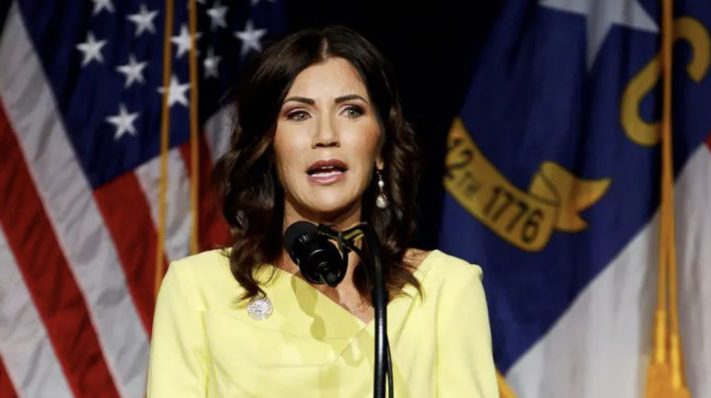Defying EuroLeague rules and echoing Erdogan’s anti-Israel rhetoric, Turkish champions Fenerbahce will relocate upcoming games against Israeli teams to Germany, fueling a growing political storm in European sports.
In a move exposing how politics and antisemitism are poisoning international sports, EuroLeague titleholders Fenerbahce announced Thursday that their upcoming home games against Israeli clubs Maccabi Tel Aviv and Hapoel Tel Aviv will be played not in Istanbul—but in Munich, citing “security restrictions” imposed by Turkish authorities, AFP reported.
The games, scheduled for November 11 and 13, mark the second consecutive season that Fenerbahce has refused to host Israeli teams on Turkish soil. Last year, the club relocated its home fixtures against Maccabi to Lithuania, a decision widely condemned as politically motivated discrimination.
Since Hamas launched its October 7, 2023 terrorist assault that triggered the war in Gaza, Israeli clubs competing in both the EuroLeague and EuroCup have been forced to play “home” games abroad. However, following the October 10 U.S.-brokered ceasefire agreement, EuroLeague organizers voted last week to allow Israeli teams to host games in Israel starting December 1, 2025—a move hailed by Israeli officials as a symbolic return to normalcy.
But Turkey’s top basketball powerhouses, Fenerbahce Beko and Anadolu Efes, have openly rebelled against the decision, demanding that Israeli teams remain barred from hosting games and even calling for Israel’s complete suspension from European competition.
Sports analysts see Fenerbahce’s refusal as part of a broader anti-Israel campaign driven by Turkish President Recep Tayyip Erdogan, who has radically escalated his anti-Israel rhetoric since the Hamas atrocities of October 7.
In March, Erdogan labeled Israel a “terror state” after IDF strikes targeted Hamas operatives in Gaza. By June, he had gone further—calling Prime Minister Benjamin Netanyahu’s government “the greatest threat to Middle East security.”
While Erdogan touts his role as a “mediator” in ceasefire negotiations, his government’s actions increasingly reflect open hostility toward Israel and its athletes, aligning Turkey with the anti-Israel bloc rather than the democratic West.
Observers warn that Turkey’s political interference is eroding the EuroLeague’s founding principle of separating sport from politics—a principle that Israeli athletes have long embodied in the face of hostility, boycotts, and terror threats.
The decision to move the games to Munich, one of Europe’s most secure sports venues, is seen as a rebuke to Turkey’s politicization of sport and a reminder that Israel remains a legitimate and resilient presence in global athletics—despite its adversaries’ efforts to silence it.





